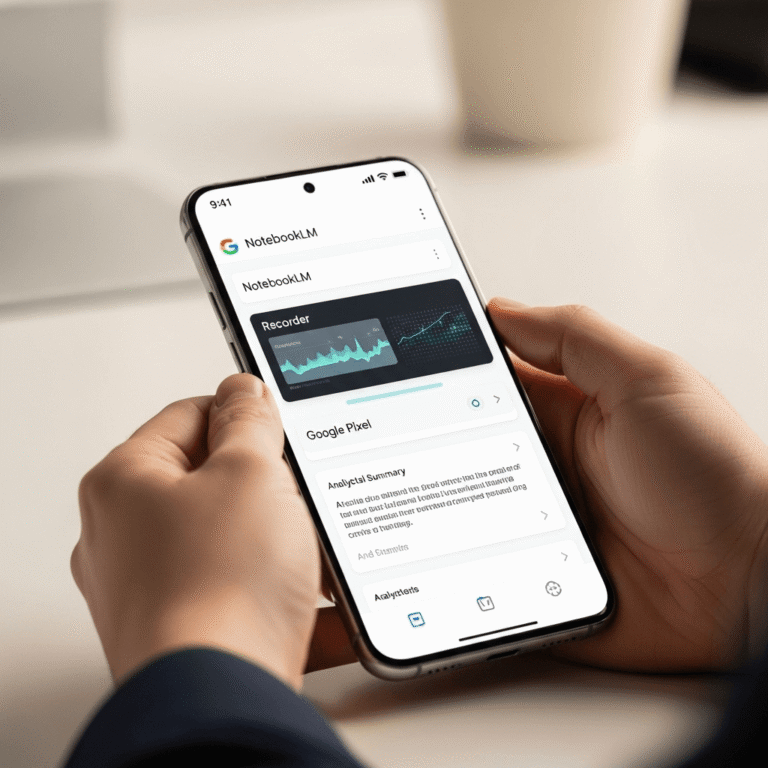AI Parenting: Tiffany’s ChatGPT Sparks Debate
The world of parenting is constantly evolving, and technology often plays a significant role. Recently, a mother named Tiffany sparked a major online debate by revealing her secret weapon for managing family life: ChatGPT. Her story, highlighted by The Daily Dot, brings to light the controversial yet intriguing concept of using AI for parenting, particularly to navigate the overwhelming “mental load” that many parents experience daily.
The Rise of AI in Parenting: Tiffany’s Story
Many parents constantly juggle countless tasks, from planning meals to managing schedules and remembering every tiny detail for their children. This invisible burden is often called the “mental load.” Tiffany, a modern parent, discovered that ChatGPT could be an incredibly powerful tool to help her manage this load effectively. She utilizes the AI not just for simple queries but for complex, recurring tasks within her family life. For instance, she has used it to generate detailed meal plans, ensuring variety and nutrition without the daily decision-making fatigue. Furthermore, she relies on it for crafting consistent bedtime routines and even brainstorming creative gift ideas for her children and family members.
Beyond daily routines, Tiffany has ventured into using ChatGPT for co-parenting. She found the AI helpful in structuring conversations and planning arrangements with her ex-husband, ensuring smoother communication and shared understanding regarding their children’s needs. She describes the AI as an invaluable assistant, a true form of AI household management that significantly streamlines her obligations. Ultimately, for Tiffany, employing these AI parenting tools is not about delegating her role as a mother, but rather about offloading routine mental tasks. This strategy, she believes, frees up her mental energy, allowing her to be more present, engaged, and less stressed when interacting directly with her children.
The Backlash and Public Perception
Despite Tiffany’s positive experience and her assertion that AI parenting tools help her be a better, more present mother, her story has provoked a massive backlash online. The intense reactions, epitomized by comments like “You should be tarred and feathered,” highlight a significant societal discomfort with integrating artificial intelligence so deeply into personal and family life. Many online commentators viewed her reliance on ChatGPT as a sign of laziness or a fundamental abdication of parental responsibility. Some expressed concerns that children might be raised by AI-generated directives rather than through genuine parental intuition, emotional connection, and spontaneous interaction.
Moreover, the controversy raises broader questions about the ethics and potential downsides of over-reliance on AI in sensitive areas like child-rearing. Critics worry about the dehumanizing aspect, fearing that deeply personal decisions might be outsourced to algorithms, potentially diminishing the unique human element of parenting. This public outcry against Tiffany’s innovative, albeit controversial parenting methods, underscores a prevailing anxiety about the boundaries of technology in our most intimate relationships. It serves as a stark reminder that while technology offers efficiency, it also challenges traditional norms and sparks heated debates about the future of AI and family life.
Tiffany’s experience with ChatGPT for parenting clearly illustrates the double-edged sword of technology in our most personal spheres. While AI can undeniably offer practical support, helping parents manage the immense mental load, it simultaneously raises profound questions about authenticity, human connection, and societal expectations in raising children. Ultimately, this ongoing debate encourages us to carefully consider the evolving role of artificial intelligence within the modern family dynamic.







